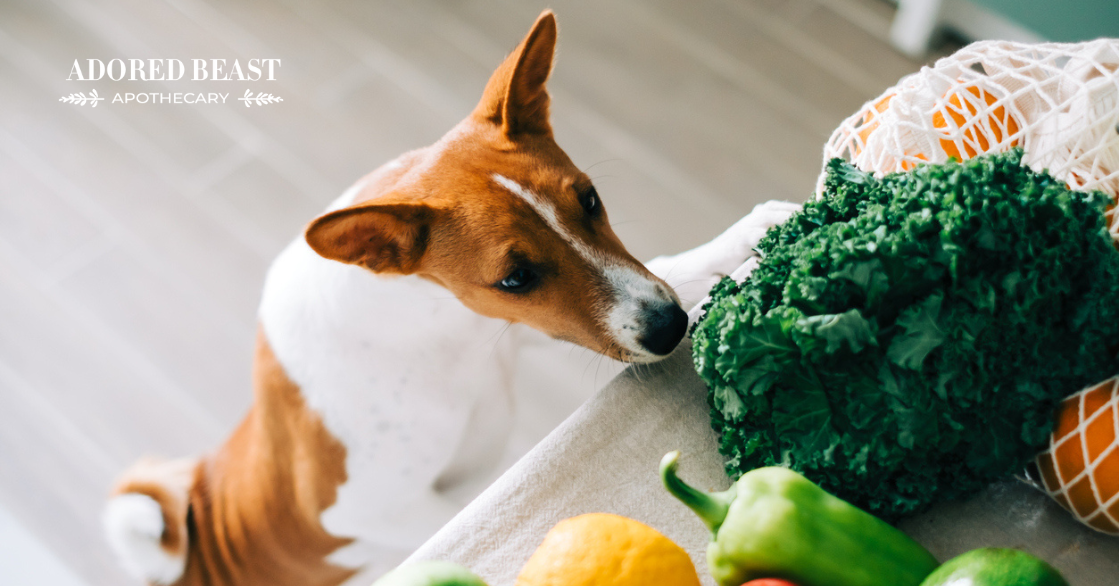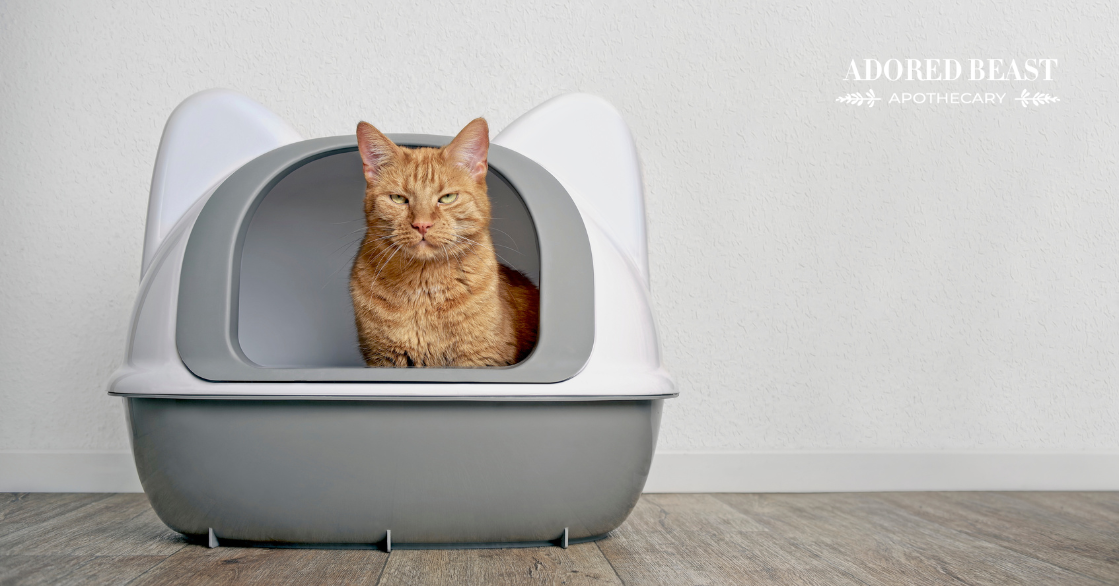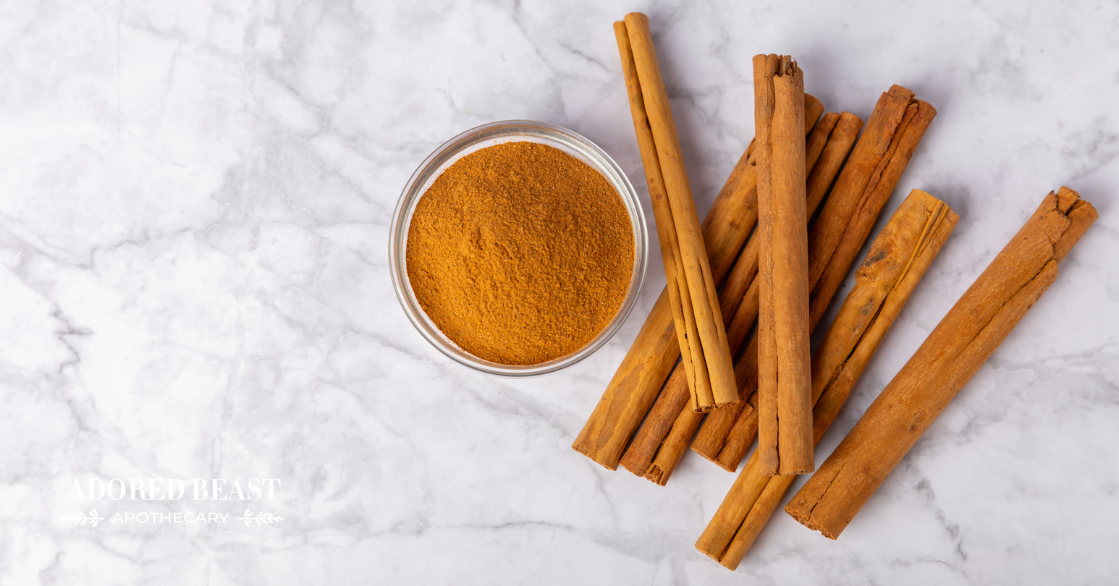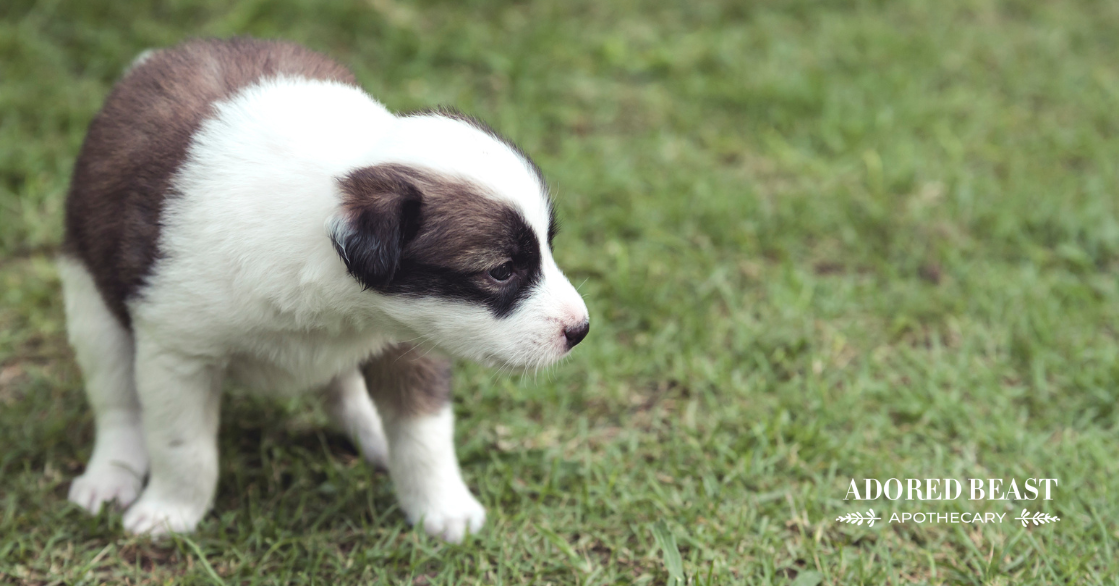When we were growing up, my mother always drilled into us the importance of washing fruits and vegetables.
Whether it was to rinse off the dirt, or get rid of any little critters lingering between the leaves, we washed. As an adult, I know it’s about more than that, so I continue this practice.
But do you actually need to wash fruits and vegetables? Is it important when feeding yourself and your beloved beasts?
Why Wash Fruits and Vegetables
Think about the process of getting a piece of product from the field to your kitchen…
- These grow in the soil, amidst dirt and insects.
- Farmers spray them with pesticides and herbicides to keep insects and weeds at bay.
- Then they’re picked.
- Some get a coat of wax to protect them from bruising during transport.
- Then they’re transported to a new destination, either a store to be sold or a warehouse to be housed, for example.
- Then, whether you’re buying local from a farmers market or the grocery store, they’re handled by who knows how many people – and who knows if they’ve washed their hands, or where those hands have been!!
At every step in this process, there’s a chance for contaminants to transfer to our produce. So yes, it is smart to wash fruits and vegetables. And experts agree that even a simple washing is really effective in getting rid of potential external contaminants.
And the U.S. Center for Disease Control and Prevention recommends that you wash your produce to help reduce the risks associated with the germs and other debris that make their way onto our produce.
Since we want to do our best for ourselves and our animals, washing, really, just makes sense!
Can You Wash Away Glyphosate?
Glyphosate is an herbicide chemical that is now the most common “weed killer” around the world, with extremely heavy use in the United States. Its original purpose was for agriculture and farming, in order to gain more yield of food crops by decreasing the competitive weed plants. Unfortunately, the popularity of this chemical grew rapidly into uses for industrial and residential purposes, including forestry and trees, as well as commercial and residential lawns and gardens.
One of the biggest reasons people wash fruits and vegetables is to get rid of glyphosate.
The thing is, you can’t actually wash it away completely…
It’s important to understand that glyphosate isn’t just on the outside of plants – they actually absorb it. Contamination cannot be removed by washing, and it isn’t broken down by cooking or baking. While you can can rinse off some of the residue, you can’t get rid of it completely.
And that’s bad news. In fact, the Tufts University School of Veterinary Medicine reported that exposure to glyphosate raises the risk of canine malignant lymphoma by more than 70%, and further veterinary studies at Purdue University found links between glyphosate exposure and bladder cancer in dogs. And although research hasn’t been done to look at levels in cats, it makes sense that our feline friends would have the same results.
Let’s put things in perspective even more…
The Clean 15 & The Dirty Dozen
Every year, the Environmental Working Group compiles a list the most and least contaminated produce and updates it every year. These are known as the ‘Clean 15’ and the “Dirty Dozen.’
The Clean 15 are the least contaminated foods – these are them:
- Avocados
- Sweet Corn
- Pineapples
- Onions
- Papayas
- Sweet Peas, frozen
- Asparagus
- Honeydew Melon
- Kiwi
- Cabbage
- Mushrooms
- Cantaloupe
- Mangoes
- Watermelons
- Sweet Potatoes
And the Dirty Dozen are the most contaminated. These are the ones that are most important to buy organic:
- Strawberries
- Spinach
- Kale, Collard, & Mustard Greens
- Nectarines
- Apples
- Grapes
- Bell & Hot Peppers
- Cherries
- Peaches
- Pears
- Celery
- Tomatoes
So, to avoid this major contaminant, consider buying only organic foods for yourself and your family, two- and four-legged whenever possible. Homegrown organic is even better!
But those still need a wash too – the process above is much the same for both organic and non-organic produce.
How to Wash Fruits and Vegetables
You’ve probably seen ads before for sprays and cleaners to wash fruits and vegetables. Or fancy contraptions that supposedly get your produce cleaner than just rinsing.
But you don’t need anything so fancy as that. Research has actually shown that most commercial produce cleaners are no more effective than plain water.
A good rinse with water is a good place to start. This method works well to remove some of the pesticide residues from some forms of produce. In fact, scientists at the Connecticut Agricultural Experiment Station found that washing produce with running water reduced the amount of pesticide residue for 9 of the 12 tested pesticides.
You can gently rub away dirt as well if you want to go a step further.
Several other methods of washing produce have been shown to be more effective than plain water, particularly for those fruits or vegetables with a waxy coating.
In a study published in Food Control, researchers washed vegetables for 20 minutes in a vinegar solution, a saltwater solution, or plain water to eliminate the residue of four common pesticides. They discovered that a 10% salt water solution was effective in removing a large percentage of pesticides from produce, far more so than washing with plain water.
In a different study published in the Journal of Agricultural and Food Chemistry, researchers compared the effectiveness of plain water, a Clorox bleach solution, and a baking soda and water solution. They found that the baking soda solution was the most effective at removing pesticide residues! The baking soda solution used in the study was very weak — a mixture of only one ounce of baking soda with 100 ounces of water. Soak for 12–15 minutes.
Both of these are very economical and won’t change the taste of your fruit or vegetables – just be sure to rinse well afterwards!
**Note – only wash berries right before you eat them! By washing them well before that, and putting them back in the fridge, you increase the moisture content which increases mold growth!! Yuck!
Also, be conscious of the dirt even when you’re cutting up or peeling your fruits and vegetables. For example, if you’re peeling a carrot that hasn’t been washed, you can transfer the dirt/contaminants from the outside to the inside via the peeler or knife. Even if you’re peeling, a quick rinse beforehand can help reduce the spread.
We all know that fruits and vegetables are a very important part of a balanced diet – both for ourselves and our pets. And by choosing to wash fruits and vegetables, we are making that produce even healthier! By removing toxins and potential contaminants, we are making way for more bioavailable nutrients – and that’s always a positive! So the takeaway is, wash those fruits and veggies before you eat or share them with your beloved beast!












